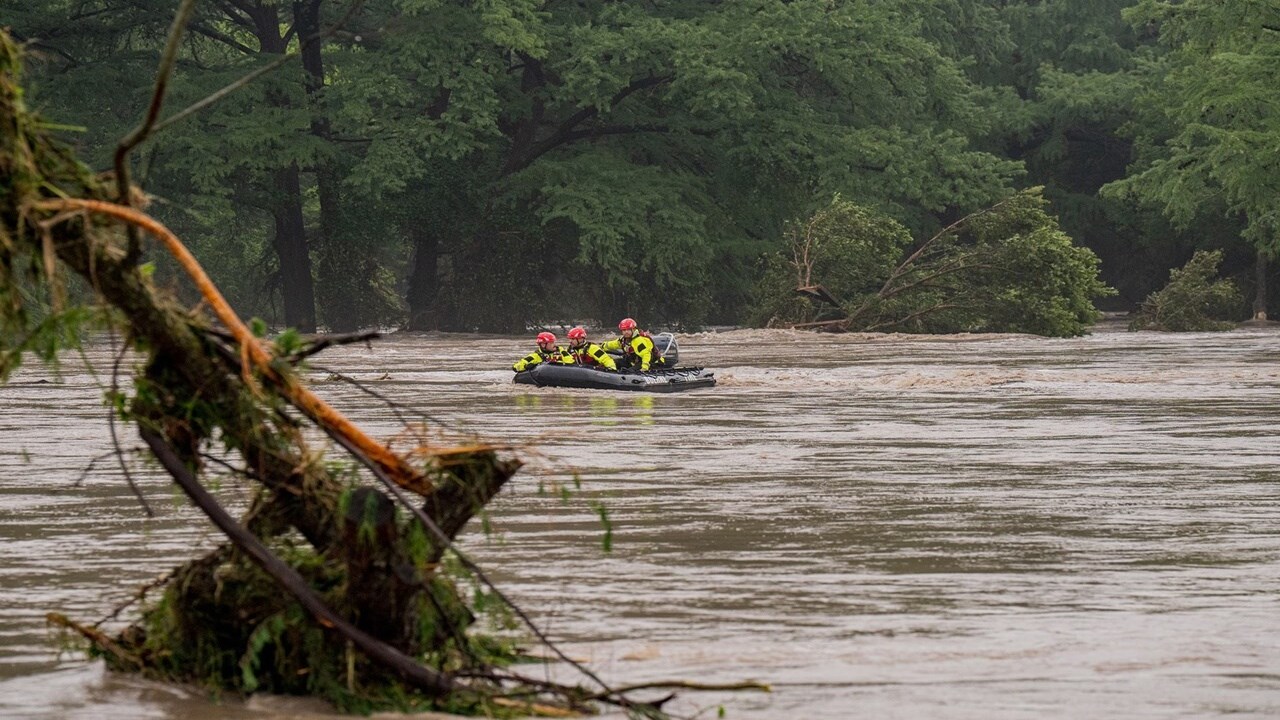The death toll from the devastating floods in Texas has reached 129. The search continues in Kerr County for 161 of the 170 people reported missing. The flooding following heavy rains has inundated many communities, and search and rescue teams are using AI-powered sonar systems in addition to traditional methods.
Texas to Use AI in Flood Response
The GulfSAR team working in the field is using a specialized sonar technology called Acquia. This system attempts to locate a potential body by transmitting the return data of sonar waves sent underwater to AI. According to the team’s statement, at least one body was detected during the scans, but due to storm conditions in the region, divers have not yet been able to confirm the presence.

Unlike traditional sonar technologies, the Acquia system doesn’t just detect objects. It analyzes environmental factors that distort the data, such as water turbidity, current density, and sediment accumulation, and provides this information to AI in a clean and meaningful form.
This feature allows the identification of details that divers or operators cannot visually detect. The data processed by artificial intelligence is transmitted to teams in the field, along with the resulting coordinates.
The complex structure of flood-affected riverbeds can limit the performance of conventional sonar systems. Systems optimized for open-sea conditions cannot provide reliable data due to the density of rocks, logs, sediment, and vegetation encountered in rivers.
Acquia stands out as a solution specifically developed for operation in such shallow and recessed waters. The system filters out deviations in the data by conducting multivariate analysis, leaving only meaningful results. Furthermore, by analyzing the data obtained after each new scan, it expands its data pool and can make more accurate detections over time.
Drones, helicopters, boats, and rescue dogs are actively used in search operations. However, the conditions in the region make underwater scans particularly critical. In this regard, AI-assisted sonar systems offer significant support in terms of speed and precision to rescue teams racing against time.













